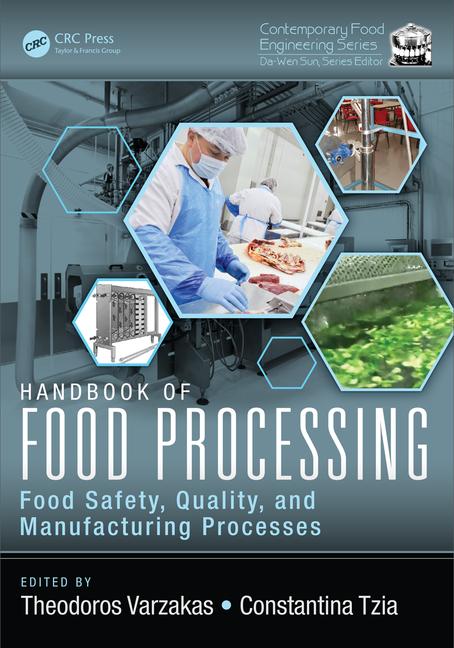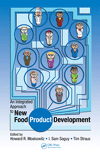The Food and Drug Administration issued its first regulations under the Food Safety Modernization Act, providing stricter control of food imports and giving FDA the authority to detain potentially unsafe food.
The U.S. Food and Drug Administration, Washington, D.C., issued the first of its regulations under the Food Safety Modernization Act, providing stricter control of food imports and giving FDA authority to detain potentially unsafe food.
Both of the rules are due to be implemented on July 3.
The Food Safety Modernization Act was signed into law in January. Its development was prompted by a deluge of contaminated food recalls in recent years, some of which were fatal, including a nationwide recall of salmonella-tainted peanut products that killed at least nine at the beginning of 2009.
The first regulation allows the FDA to detain foods that the agency believes to have been produced under unsanitary or unsafe conditions, when until now, the FDA had only been authorized to hold products if they had been produced or mislabeled in a way that could cause “serious adverse health consequences or death,” to people or animals. Beginning July 3, the FDA will have the authority to hold products that it believes are adulterated or misbranded for up to 30 days.
“This authority strengthens significantly the FDA's ability to keep potentially harmful food from reaching U.S. consumers. It is a prime example of how the new food safety law allows FDA to build prevention into our food safety system,” says FDA deputy commissioner for foods, Mike Taylor.
A second rule will also prohibit food from being imported into the United States if any other country has already blocked the same product. This means that anyone importing food into the United States will have to report to the FDA if a country has refused entry to the same product, including animal feed.
The FDA said that these new reporting requirements will be implemented through its prior notice system for incoming shipments of imported food under the Public Health Security and Bioterrorism Preparedness and Response Act of 2002.
“The new information on imports can help the FDA make better informed decisions in managing the potential risks of imported food entering the United States,” says Taylor. “These rules will be followed later this year and next year by a series of proposed rules for both domestic and imported food that will help the FDA continue building the new food safety system called for by Congress."
Source: www.foodnavigator-usa.com
Get our new eMagazine delivered to your inbox every month.
Stay in the know on the latest snack and bakery industry trends.
SUBSCRIBE TODAY!Copyright ©2024. All Rights Reserved BNP Media.
Design, CMS, Hosting & Web Development :: ePublishing





